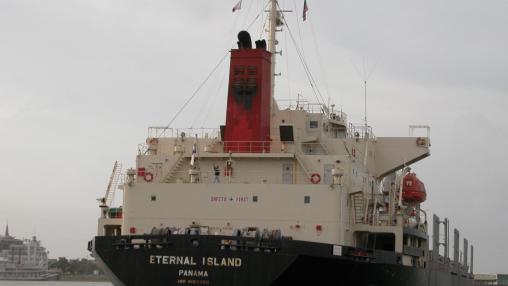
How sanctions on Russia and Belarus are impacting exports of agricultural products and fertilizer
The sanctions imposed by the European Union, United States, Canada, and other countries on Russia and Belarus following Russia’s February 24 invasion of Ukraine included restrictions on banking, trade, technology transfers, and specific individuals. These came on top of earlier sanctions on both countries – on Russia, in response to its 2014 annexation of Crimea, and on Belarus, in response to human rights violations in 2020 and its forced grounding of Ryanair flight 4798 to seize a dissident journalist in 2021.
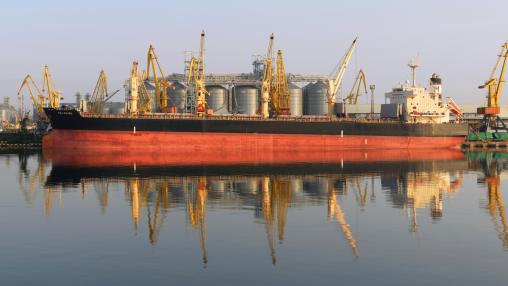
Concerns over Black Sea Grain Initiative and the Impact on Food Prices: FAO Food Price Index and AMIS Market Monitor Released
The October FAO Food Price Index remained largely unchanged from September, with rising cereal prices balanced by declines in the other commodity groups. The overall Food Price Index has fallen by almost 15 percent from March 2022 but remains 2 percent above its October 2021 levels.
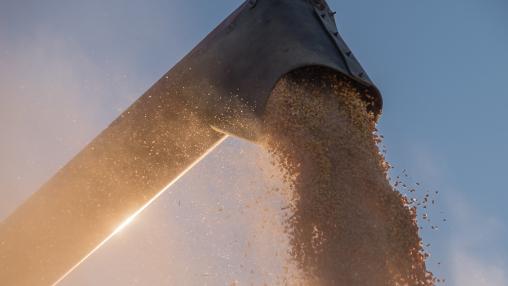
Suspension of the Black Sea Grain Initiative: What has the deal achieved, and what happens now?
Russia’s October 29 announcement that it was suspending its participation in the Black Sea Grain Initiative—which allows shipments out of Ukrainian ports—was not a surprise; Russia had been skeptical of the deal since the start. But now the supply disruptions will begin again: the move will have a negative impact on Ukraine, its customers, on world market prices—and global food security, particularly for countries in the Middle East and North Africa (MENA) region.
AMIS webinar: Is Speculation Driving Commodity Price Volatility?
Since the outbreak of the Ukraine war, agricultural futures market prices have been highly volatile, with levels not seen since the food price spikes in 2007/08 and 2010/11. Some believe that market speculators and managed money funds are to blame, by distorting market prices and thus hampering means by which producers, merchants and other hedgers can effectively manage price risks. In this seminar we will examine the role of speculation in markets and discuss the impact of speculation in previous periods of high food prices, and the role it plays in current markets.
Globalization and food security: What could 20 years of IFPRI research teach us?
2022 has been marked by another global food price crisis, the third in 20 years. As food systems have become more interconnected, the debate around globalization and food security has reemerged. Are we too interconnected? Are multilateral institutions the only way to tackle global challenges that require collective action, or is that belief fading?
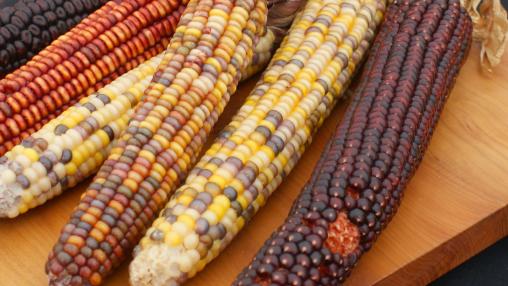
FAO Food Price Index Declines in September, But High Food Prices Remain a Concern
The latest FAO Food Price Index reports that global food prices fell by 1.5 percent in September. However, the Index remains 5.5 higher than its September 2021 level. The decline from August was driven by significant drops in vegetable oil prices and more moderate drops in sugar, meat, and dairy products; cereal prices rose in September.
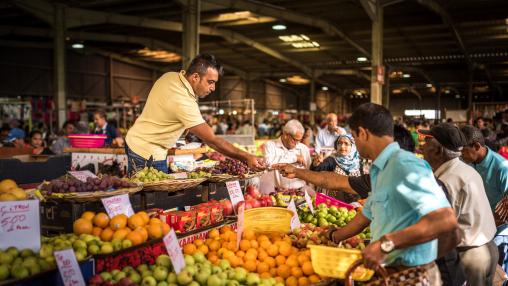
No end in sight yet for the global food price crisis
After the sharp rise in international prices of wheat and other staple foods in the wake of Russia’s February invasion of Ukraine, since May prices have fallen back to pre-war levels. Has the global food price crisis now come to an end? Unfortunately, such a conclusion is premature. Domestic food prices for consumers continue to rise in most countries. Meanwhile, ongoing uncertainties—not the least of which is the continuing war—augur for continued turmoil in global food markets.
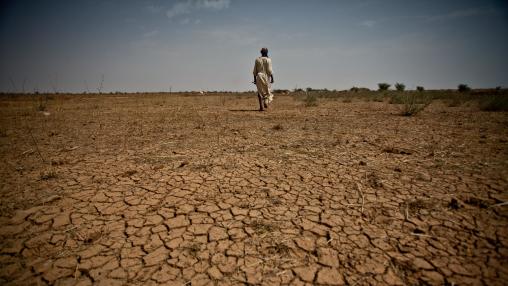
More than 205 Million People Facing Acute Food Insecurity: GRFC Mid Year Update Released
For the fourth consecutive year, global acute food insecurity rose in 2022. As many as 205.1 million people across 45 countries and territories are in IPC Phase 3 (Crisis) or higher food insecurity as of September 2022, according to the Global Report on Food Crisis Mid-Year Update. That represents an increase of 29.5 million people from 2021.
The Ukraine crisis: Unraveling the impacts and policy responses in low- and middle- income countries
The conflict in Ukraine is having widespread deleterious impacts on the economies and food systems of many low- and middle-income countries. Rising prices for food, fuel, and fertilizer have raised pressing concerns about food security and poverty. To better understand the risks in specific countries, IFPRI researchers have modeled the impacts of prices of the fuel, fertilizer, and food price shocks on GDP, employment, poverty, hunger, and diet quality in 19 countries in Africa and Asia, and examined the relative cost effectiveness of different policy interventions.
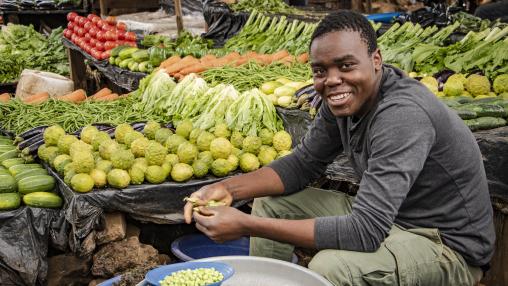
2022 State of Food Security and Nutrition in the World report: Repurpose agricultural subsidies to make healthy diets affordable, reduce rising hunger
The world continues to lose ground in its efforts to end hunger, food insecurity, and malnutrition in all its forms by 2030, according to the recently-released 2022 State of Food Security and Nutrition in the World (SOFI) report. As many as 828 million people were affected by hunger globally in 2021 (around 10.5% of the world population)—an increase of 46 million since the end of 2020 and of 150 million since the COVID-19 pandemic began a year earlier.